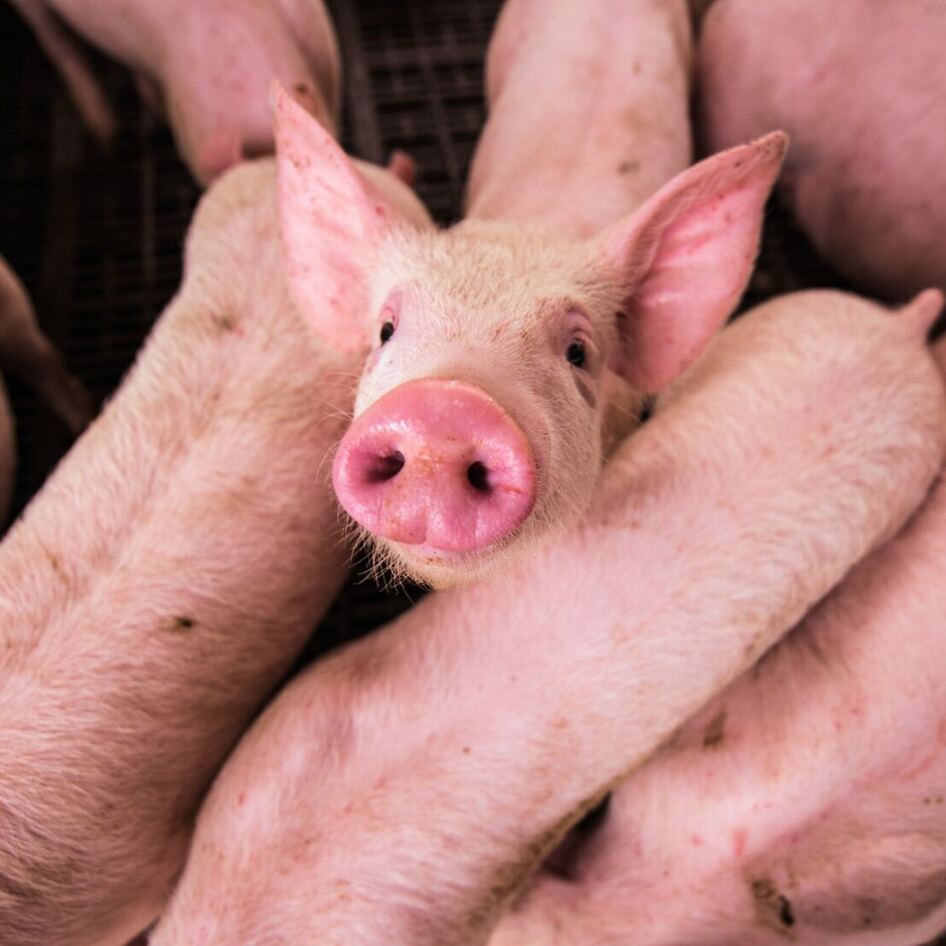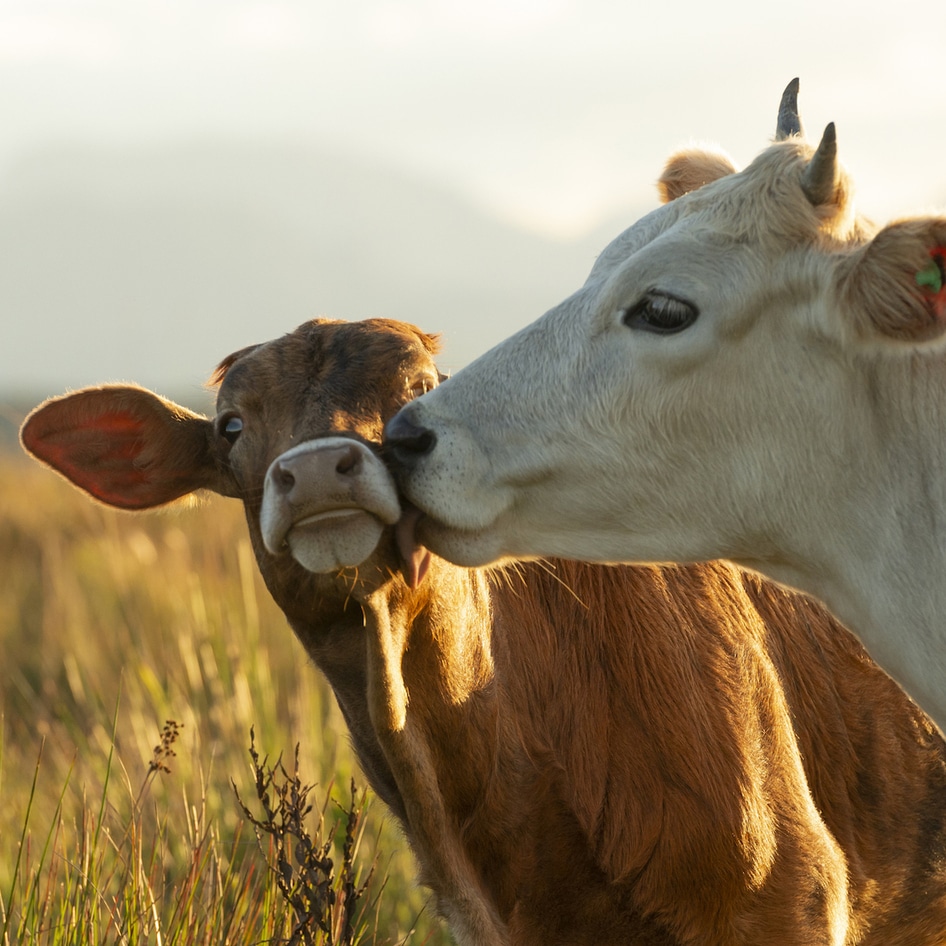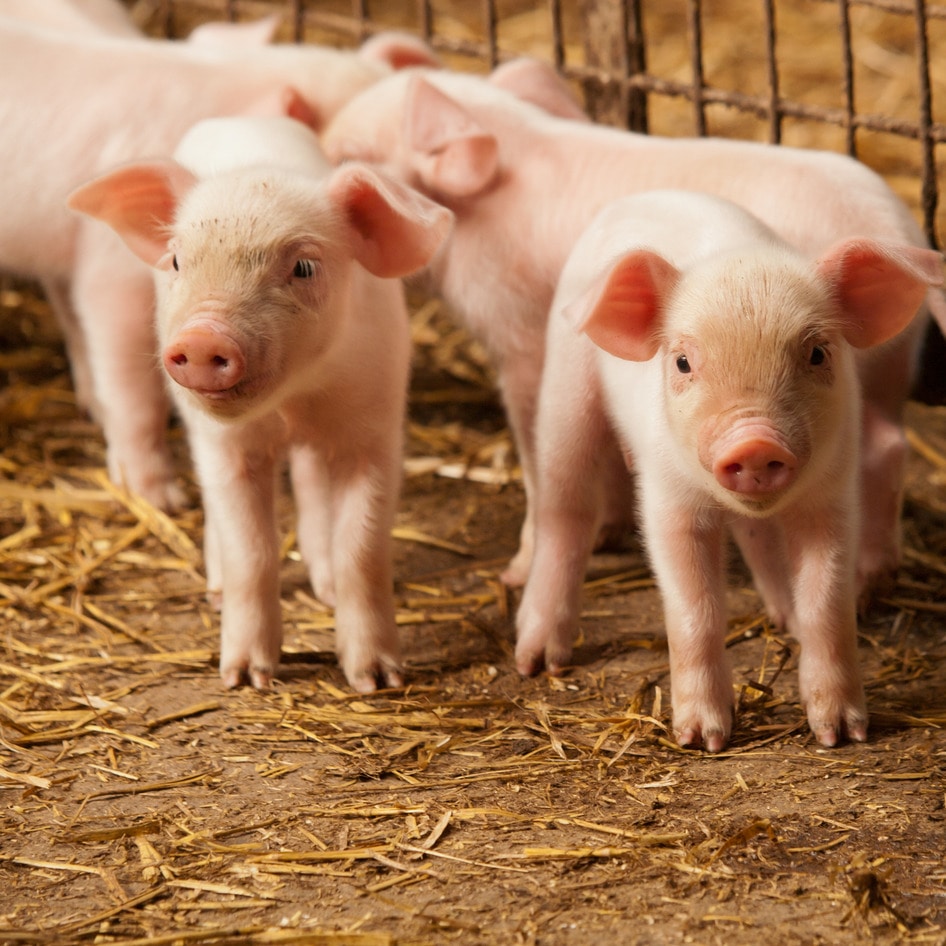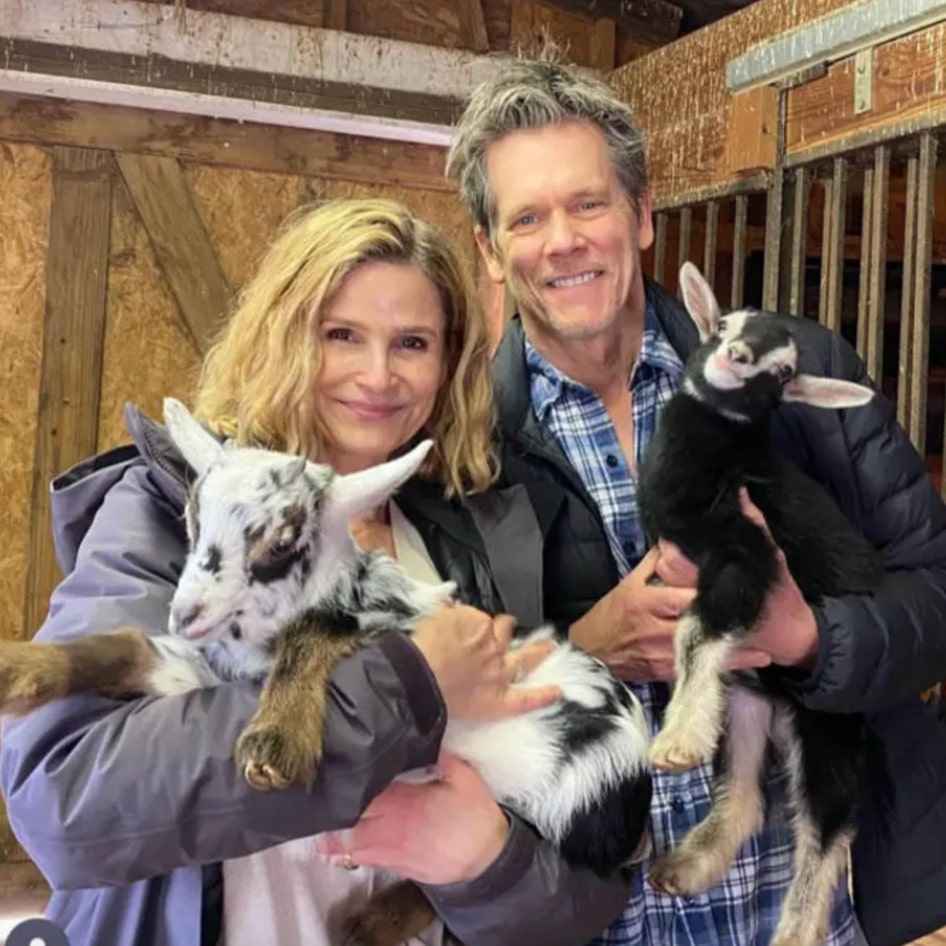Michigan’s Animal Welfare Reforms
Michigan joins the fight against factory farming and bans inhumane animal confinement with new legislation.
October 17, 2009
Michigan governor Jennifer Granholm signed a bill on October 12 that ensures certain farm animals in her state will be able to stand up, lie down, turn around, and extend their limbs, instead of having to live in cruel, cramped conditions.
Bill HB 5127 prohibits some of the most inhumane confinement of pregnant pigs, egg-laying chickens, and veal calves. In Michigan and in most other states across the country, these animals are held in small cages that do not allow free or natural movement, in order to increase the production of meat and eggs.
Michigan will phase out gestation stalls for pigs and battery cages for chickens within 10 years, and veal crates will be eliminated within three years. This new legislation will affect many animals; Michigan has more than 10 million laying hens and roughly 100,000 breeding pigs.
According to Paul Shapiro, senior director for the Humane Society of the United States, cage-free systems are not cruelty-free, but they are an important improvement.
“Cage-free systems generally cause the animals significantly less suffering. For example, cage-free hens typically have more than twice the amount of space of caged hens, and they can walk, nest, perch, and spread their wings,” says Shapiro.
The USDA does not have any national regulations that govern farm animal welfare. The Animal Welfare Act only applies to farm animals who are used for research, testing, teaching, or exhibition. As a result, the well-being of farm animals used for food varies at a state level.
Florida was the first state to take a stand against factory farming in 2002, when voters amended the Florida constitution to eliminate gestation stalls for pregnant sows. While critics argued that this animal-husbandry issue was not appropriate for a constitutional amendment, 55 percent of Florida voters approved the measure.
Thankfully, since 2002 the movement to end inhumane animal confinement has gained momentum. Michigan is the second state to ban battery cages for chickens, the fifth state to ban veal crates, and the seventh state to ban gestation stalls for pigs—in addition to Michigan and Florida, California, Arizona, Maine, Oregon, and Colorado have all passed laws addressing one or more of these practices.
From grocery stores to fast-food giants, many food retailers have pledged to stop supporting these cruel farming practices. In 2007, Burger King, the second most popular burger chain in the US, announced it would increase its use of cage-free eggs and buy more of its pork from producers that do not use gestation crates. Wendy’s announced in May that it would start to use cage-free eggs. Safeway gives purchasing preference to producers that do not use battery cages or gestation stalls, and Whole Foods Markets and Trader Joe’s have also committed to using cage-free eggs in their stores.
There are still many issues that need to be addressed, including the tail-docking of dairy cows, force-feeding of ducks for foie gras, and conventional poultry slaughter methods. Shapiro believes that the more people are aware about factory farming, the more things will change.
“[Public education is] critical, especially the role of undercover videotaped exposés,” says Shapiro. “[These] give the public a glimpse into what life is really like for factory farmed animals in the US.”
JUMP TO ... Latest News | Recipes | Guides | Health | Shop







